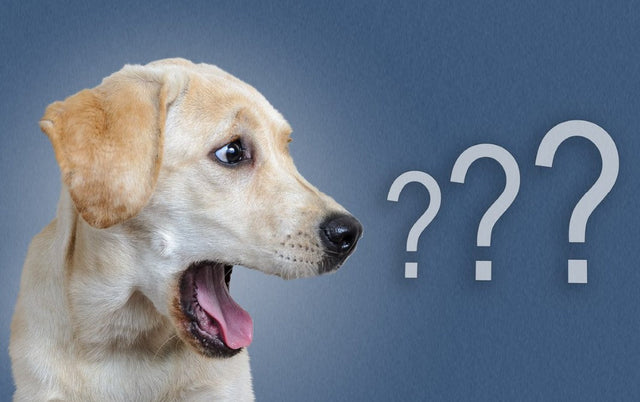In recent years, the bond between humans and their pets has deepened significantly, leading to a phenomenon known as pet humanization. More than ever, pet owners see their dogs, cats, and even rabbits as integral family members, rather than just animals. This shift in perception has had a profound impact on the pet care industry, influencing spending habits, product offerings, and even social behaviors surrounding pet ownership.
From premium food choices to celebrating pet birthdays, the modern pet parent is willing to invest more time and money into their pet’s well-being. But what’s driving this trend, and how is it shaping the future of pet care?
The Rise of Pet-Centric Spending
One of the clearest indicators of pet humanization is the rapid growth in pet care spending. The global pet care market grew by 5.9% in 2023, reaching an astonishing $197.6 billion USD. This surge is largely driven by owners prioritizing their pets’ needs—many would rather cut back on personal expenses than compromise on pet care.
The U.S. pet food industry alone hit $43.9 billion USD in 2023 and is projected to grow to $59.9 billion USD by 2032. What’s behind this growth? Consumers are demanding higher-quality, premium pet food that mimics human health trends, such as organic ingredients, raw diets, and even pet supplements.
Another area seeing substantial growth is pet insurance, as more pet owners recognize the importance of ensuring their pets receive top-tier medical care. In 2023, the pet insurance market reached $11.1 billion USD globally, with projections to grow significantly over the next decade.

Premiumization: Elevating Pet Care to Luxury Levels
Pet owners are no longer satisfied with basic pet food and accessories—they’re seeking premium, high-end options that reflect the same level of quality and care they would choose for themselves.
Some examples of this premiumization trend include:
Luxury pet hotels and spas offering grooming, massages, and even pet facials.
High-end pet fashion, with brands offering designer leashes, collars, and even pet clothing collections.
Specialized pet diets, including grain-free, organic, and even lab-grown meat options.
One of the most notable innovations in this space is the recent launch of lab-grown pet food. Companies like Meatly have introduced cultivated meat treats for dogs, now available in the UK. This not only offers a sustainable alternative to traditional pet food but also aligns with ethical consumerism trends.

Human-Like Experiences for Pets
As pets become more like family members, owners are treating them as such—including celebrating special occasions like birthdays and holidays. According to a 2024 study by the American Pet Products Association:
- 44% of dog owners and 32% of cat owners now purchase gifts for their pets' birthdays.
- Many pet owners throw holiday or birthday parties for their pets, complete with treats, decorations, and even guests.
Beyond just special occasions, human-pet interactions are increasingly mirroring those of parent-child relationships. Pet strollers, baby-style pet carriers, and even pet DNA testing kits are becoming mainstream, allowing owners to deepen their understanding of their pet’s health and heritage.

Technology and Mental Health Benefits
The humanization of pets isn’t just changing consumer behavior—it’s also impacting mental health. Scientific research has consistently shown that interactions with pets:
🧠 Reduce stress and anxiety
💖 Provide emotional support and companionship
🏠 Help combat loneliness, especially for remote workers and seniors
A 2024 study found that 90% of pet owners feel their pets improve their overall mental health, while 70% of dog owners reported that spending time with their pet helped alleviate daily stress.
Technology is also playing a role in strengthening human-pet relationships. Companies like Tractive have introduced Dog GPS and Health Trackers, featuring Bark Monitoring technology that helps owners better understand their pet’s emotions and needs.
Conclusion: The Future of Pet Humanization
The humanization of pets is more than just a trend—it’s a fundamental shift in how we view and care for our animal companions. As pet owners continue to seek high-quality food, luxury experiences, and deeper emotional connections, the pet industry will continue evolving to meet these demands.
With advancements in pet tech, premium pet food, and even lab-grown meat, the future of pet care looks more sophisticated than ever. Whether it’s throwing a birthday party for your dog, investing in pet insurance, or monitoring your rabbit’s health with smart technology, one thing is clear: pets are truly part of the family.
More stories

Amazing New Discoveries About Dogs


